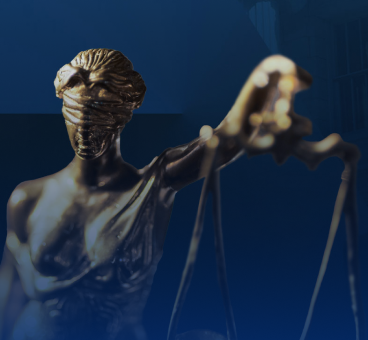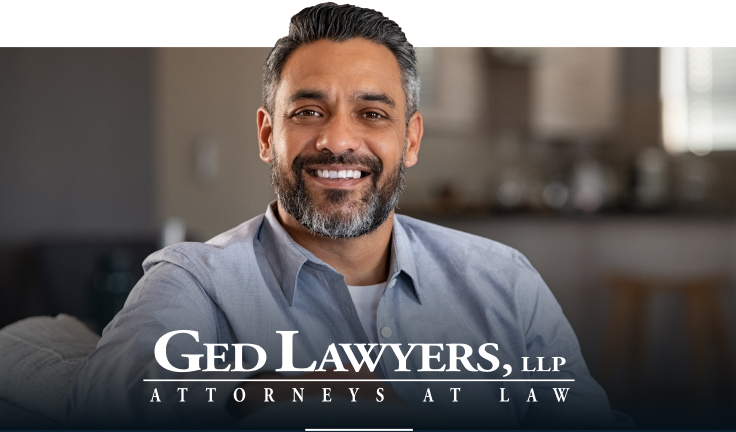
Property damage liability (PDL) insurance is a car insurance policy that covers any property damage the policyholder is liable for. For example, if Driver A runs a red light and hits Driver B’s car, Driver A’s PDL policy will pay for the damage to Driver B’s vehicle.
A Boca Raton property damage lawyer can help you deal with the insurance company if you suffered material losses due to someone else’s negligence.
How Property Damage Liability Insurance Works
Each insurance policy pays out under different circumstances. Some policies allow you to receive a settlement for your losses regardless of who was at fault.
PDL insurance is different. It does not pay the policyholder for their own property losses; it only pays victims of the policyholder’s carelessness or recklessness.
Examples of Cases Where PDL May Help You
To put it broadly, if someone else damages your property in a car accident, you can seek compensation from their PDL insurer. Hypothetical examples include the following:
- Driver A side-swipes Driver B while changing lanes improperly. Driver A’s PDL policy will pay to fix Driver B’s car.
- Driver A loses control, jumps the curb, and smashes through the living room window of a home. Driver A’s PDL policy will pay the homeowner for the damage to their lawn and home.
- Driver A parks their car on the street. Driver B runs a red light and smashes into the car, totaling it. Driver B’s PDL policy will pay Driver A for the loss of their car.
These scenarios are only intended to give you a better idea of how PDL works. They do not constitute an all-inclusive list of situations where PDL will pay damages. To determine if you qualify for a property damage liability settlement, you can always speak to a car accident attorney.
Who Carries PDL Insurance?
In some states, including Florida, PDL is mandatory for all drivers. According to the Florida Department of Highway Safety and Motor Vehicles (FLHSMV), Florida drivers must purchase at least $10,000 in PDL coverage.
Each state makes unique demands on drivers. Before you file a PDL claim, you should check with a property damage lawyer who can tell you what coverage is mandatory where you live.

Policy Limits on PDL Insurance
Filing a property damage liability claim can be a helpful way of getting the money you need to fix or replace damaged items. However, it may not cover everything.
For example, if you live in Florida and the damage to your car is less than $10,000, you can likely be reimbursed for all of it. However, if the damage to your car is worth more than $10,000, you may end up paying for the rest of the damage out of pocket, unless the at-fault driver happens to carry more than the minimum required amount of insurance.
What if the Liable Party’s PDL Insurance Falls Short?
If you have bills that the liable party’s PDL policy will not cover, you may have other options for making up the difference. These options include filing a lawsuit for the additional money or filing a claim with your insurance company, depending on what type of coverage you have.
Determining what to do after a motor vehicle accident is rarely easy. A vehicle property damage attorney can assess your situation and direct you toward the right course of action.
Consequences of Not Paying a PDL Claim
The consequences of not paying a PDL claim depend on where you live. For example, if someone files a property damage claim against a driver in the Commonwealth of Massachusetts who does not respond appropriately, that driver may have their license suspended until they or their insurer pays.
Insurers may nevertheless try to avoid paying you a fair settlement. If you have any trouble getting the money you know you deserve, you can always hire a local law firm to assist you with your case.
Can You Get Compensation for Personal Injuries with PDL Insurance?
As its name suggests, property damage liability insurance only covers property damage. A PDL policy will not pay you anything for bodily injuries. To recover compensation for physical and psychological pain, medical bills, and disability, you must file a personal injury protection (PIP) claim.
Your Lawsuit Should Include All of Your Damages
If you decide to take legal action against the at-fault party, remember to ask for compensation for everything you have lost—not just property damage. You might be eligible for economic and non-economic damages, such as:
- Medical expenses
- Lost wages
- Lost earning capacity
- Pain and suffering
- Disability
Fighting for Property Damage and Other Losses
After an accident in which you have lost property and/or suffered catastrophic injuries, you may be justifiably overwhelmed and confused. It is your right to hire a legal representative whom you can lean on as you go through the process of:
- Exploring your rights so that you know your options and which path forward might be best for you
- Investigating the accident and building your casefile
- Quantifying your losses so you know how much compensation you should ask for
- Filing and receiving paperwork and taking phone calls
- Dealing with the insurance companies involved in your case
- Reviewing each party’s insurance policy
- Negotiating for a fair settlement
- Taking your personal injury lawsuit to court if the liable party or their insurer refuses to compensate you fairly

Want Help Getting Money From a PDL Policy?
Ged Lawyers is here to support people just like you. Our law firm would be glad to explain what property damage liability insurance is, what your PDL policy covers, and how to get a settlement from a reluctant insurer. Contact us today for a free consultation. A team member is available to take your call now.
